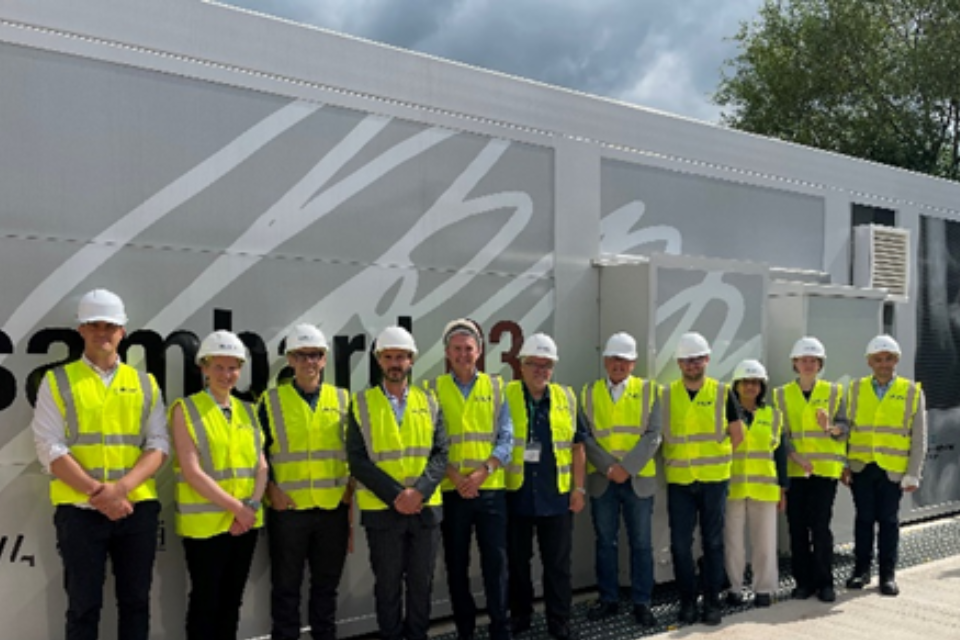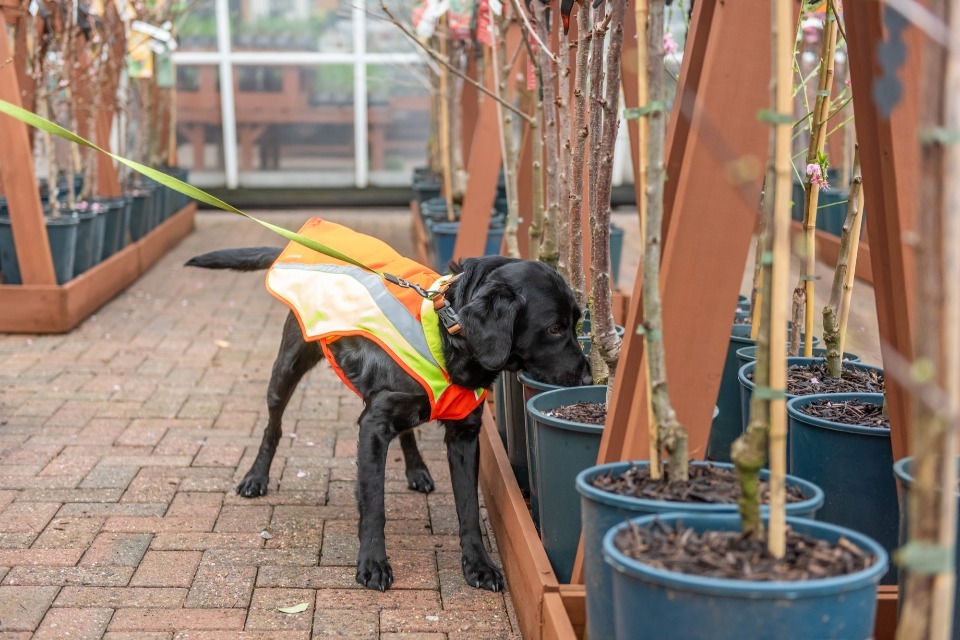The race for supercomputing power is heating up globally, with nations recognizing its pivotal role in training the next generation of AI models. Canada and the UK have emerged as leading players in this field, with a shared vision to harness the potential of AI for the benefit of society. To further solidify this partnership, the SIN Canada team organized a high-level inward mission to the UK (15-18 July 2024) aimed at deepening collaboration in the dynamic field of AI compute. The Canadian delegation visited the UK with the aim of gaining invaluable insights into the UK’s supercomputing landscape. This mission was underpinned by the Memorandum of Understanding (MoU) signed in early 2024 by the UK and Canadian governments, which established a cooperative framework for future collaboration in AI compute.
The delegation, comprised of some of the most senior officials from Innovation, Science and Economic Development Canada, Board level representatives of Canada’s world-leading AI institutes (MILA, Amii, and Vector), as well as CIFAR, Communications Security Establishment, and the Digital Research Alliance of Canada. The program was packed with visits to cutting-edge facilities like Isambard-AI in Bristol and the exascale project in Edinburgh. Offering a firsthand experience of the UK’s supercomputing capabilities and these complex and technical programmes.
A core focus of the mission was to understand the policy development behind the UK’s compute investments, exascale investment and the AI Research Resource. In April 2024, Prime Minister Trudeau announced Canada investment of CA$2 (£1.2) billion to launch a new AI Compute Access Fund and Canadian AI sovereign compute strategy. As the sector develops, officials are keen to learn from the UK’s experience in building such large-scale infrastructure. Additionally, the delegation sought insights into the UK’s project management and procurement approaches, access policies, and strategies for addressing the challenges of energy consumption associated with supercomputing – sustainable infrastructure is one element of the MoU.
The mission also provided an opportunity to explore the UK’s approach to AI safety and security. Meetings with the UK National Cyber Security Centre and the AI Safety Institute were crucial in understanding the measures being taken to mitigate risks associated with AI development. British and Canadian cyber security centres including endorsing the UK’s Guidelines for secure AI system development. Beyond technical discussions, the delegation engaged enjoyed in high-level networking events, including a cocktail reception at the Royal Society and a lunch at Canada House. These events facilitated valuable dialogue with key stakeholders in the UK AI ecosystem.
One participant said
… It was a masterfully organized and assembled group of visits in a whirlwind format. The mission achieved more than I anticipated in terms of breadth and depth of topic areas, tours, knowledge sharing. To say that the visit was inspirational would be an understatement. Rather, having seen what is possible and underway in the UK, I would venture to say that it has motivated a re-evaluation of what we believe could be possible, not only in Canada, but also in what partnerships and cooperation might be sparked between Canada and the UK in the realm of AI, compute infrastructure, and AI safety. It truly brought to life the true spirit of the UK-Canada MoU …
This SIN Canada-led inward mission marks a significant step forward in the Canada-UK AI collaboration. By sharing knowledge and best practices, both countries can accelerate their progress in developing world-class supercomputing infrastructure. The ultimate goal was to create an environment where AI research and innovation can flourish, driving economic growth and addressing societal challenges.
As the world becomes increasingly reliant on AI, partnerships like the one between Canada and the UK will be essential for shaping the future of this transformative technology. There will likely be a return visit in February 2025 to further cement UK-Canada AI collaboration and strengthen connections between UK and Canadian AI experts.
For more information on this activity, please contact Mario Rivero-Huguet, Head of Science and Innovation (Montreal) at [email protected]








